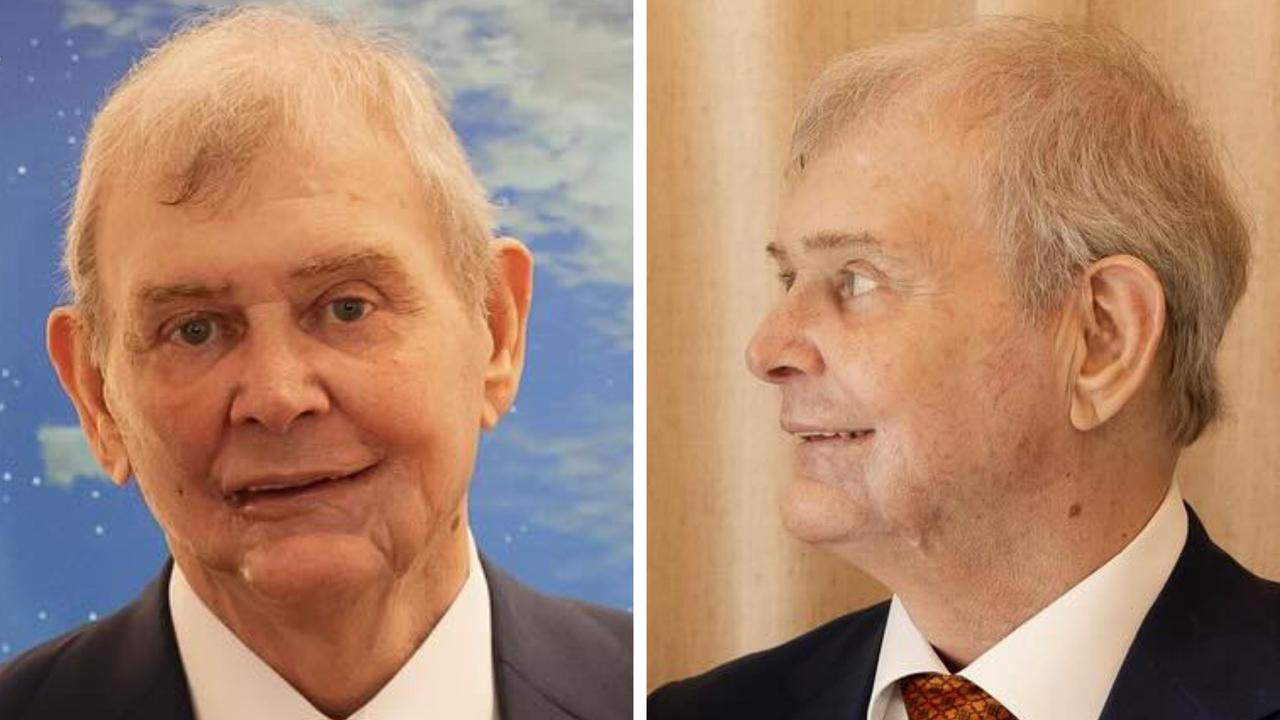The dark side of K-pop: What lurks beneath the surface of this perfect plastic world
THE picture-perfect world of Korean popular music is not all it seems. Fear and desperation lurk just beneath the surface of this shiny, plastic paradise.
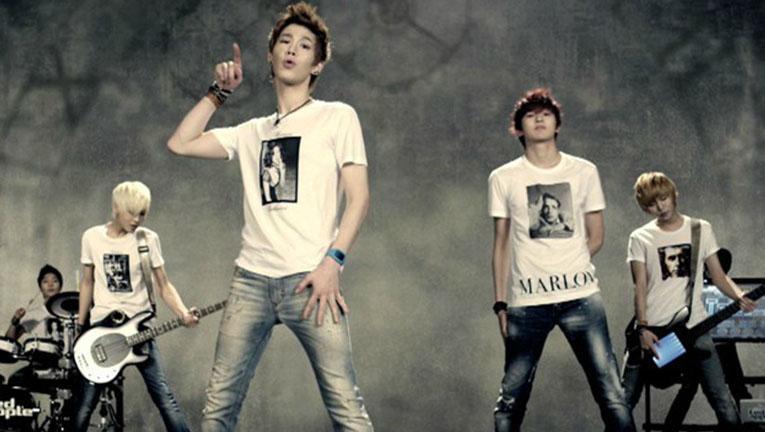
Music
Don't miss out on the headlines from Music. Followed categories will be added to My News.
BUBBLEGUM pop, sparkling outfits and silky-smooth skin.
This is the picture-perfect world of K-pop.
But beneath this super-cute genre’s shimmering surface lies an ugly reality.
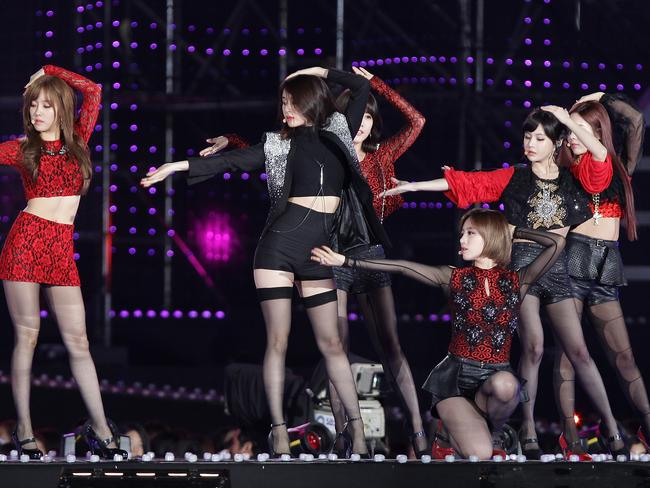
The K-pop industry grossed nearly $3.4 billion in the first half of 2012, the year in which Psy’s smash hit Gangnam Style became the most viewed YouTube clip of the year.
A mesmeric blend of Asian and Western sensibilities, South Korea’s popular music scene became cemented in the world’s consciousness.
But while K-pop seems to be no more than aural and visual candy, stories of obsessive fans, sexual harassment and a fixation with plastic surgery reveal the dark side of the genre.
In a shiny, superficial universe of saccharine lyrics, tightly choreographed dance moves and technicoloured visuals, image is everything.
The pressure to appear flawless is all-consuming, for fans as well as acts — and South Korea’s booming plastic surgery industry feeds directly into this obsession.
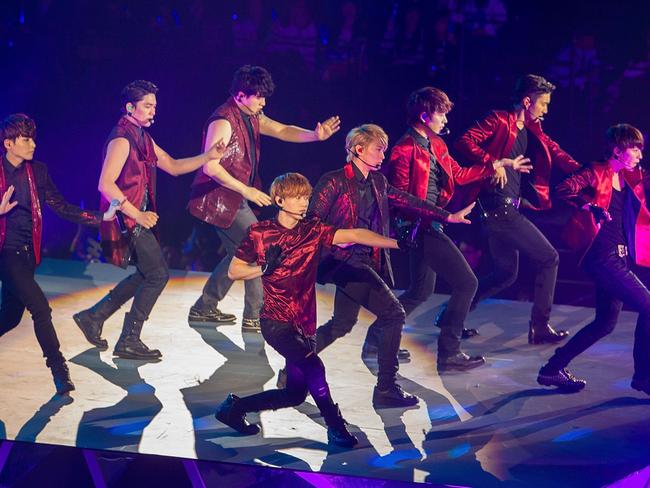
Author Roald Maliangkaij, who has just published the book K-pop — The International Rise of the Korean Music Industry, tells news.com.au: “The fashion, the hair, the clothes, the style — these things are not always attainable. Probably 95 per cent of performers have had surgery.
“It’s mainly the face: the jawline, noses, eyelids, lips ... It can be a significant difference.
“You do see fans copying, and there are cases where it goes wrong, causing disfigurement.”
Thousands visit Seoul each year for cosmetic surgery, mainly from around Asia, but increasingly from western countries like Australia, where K-pop has a major following.
The South Korean capital’s buses advertise interpretative services and accommodation for plastic surgery tourists in areas like Gangnam, the affluent neighbourhood made famous by Psy’s breakthrough hit.
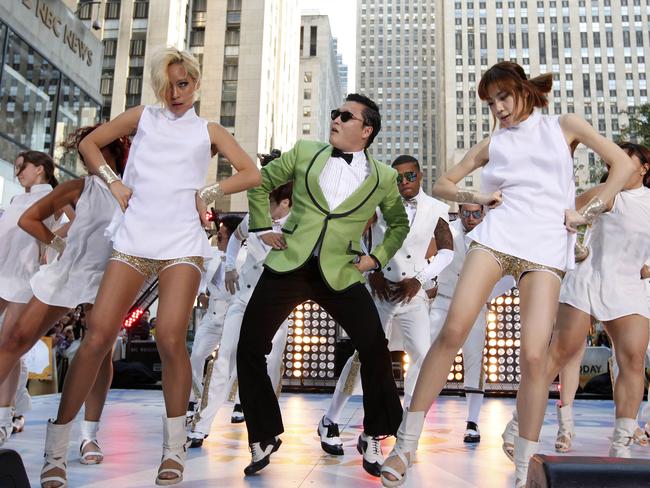
“It’s marketing a dream,” says Dr Maliangkaij. “Although that’s not so different to US pop.”
While the typical K-pop fan is a Korean girl, aged 13-15 and interested in fashion, the net is widening.
Its addictive culture has male as well as older fans hooked, with large fanbases in China, Thailand, Japan, Malaysia, Indonesia and South America.
It isn’t just girls who are expected to look perfect, either.
“Boys are also marketed as eye-candy, and sexualised,” says Dr Maliangkaij. “There are reports that vast numbers of men are seeking cosmetic surgery in order to get better jobs.”

This doesn’t mean there is no inequality between the genders. Women in Korea are paid less, and expected to focus on finding a husband rather than a career.
The country has a vast sex industry, and female K-pop stars have reportedly been forced to quit music after being sexually harassed.
While a band’s management will pile on the pressure to get the perfect look, the impossibly high ideals come from fans too.
Not only is physical appearance important, supporters expect their idols to behave like model citizens.

“All the main acts have charities they publicly support,” says Dr Maliangkaij. Fans trying to emulate their idols compete to donate the most time and money to charities, which may focus on anything from migrants to lost pets.
When stars fall short of fans’ intense expectations, they face retribution.
Supporters’ rage can be incited by band infighting, poor performances or even, in the case of the band Sistar, how much attention each member gets.
Tablo, an idol suspected of lying about having a degree, was hounded by vicious internet rumours until he proved it was true.
This type of cyber-vigilantism sees alleged wrongdoers routinely stalked online.
“People are saying, you can’t lie, you’re supposed to be perfect,” says Dr Maliangkaij. “Celebrities are bullied constantly on the internet, and it has led to suicides.”
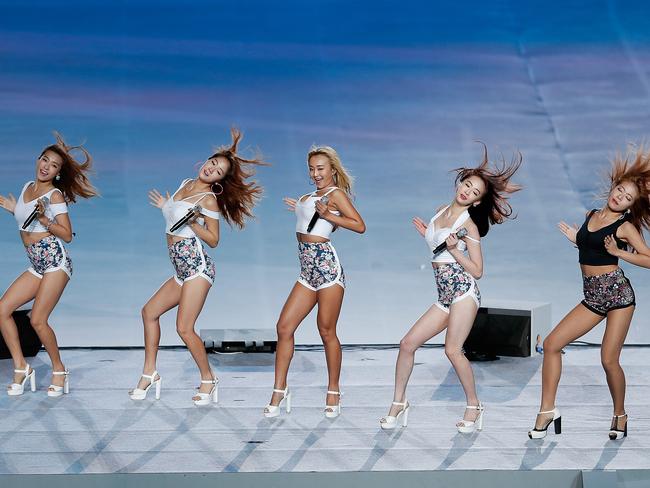
The most obsessive fans are known as Sasaeng, or “private fans”.
They have been known to install hidden cameras in their idols’ homes and cars, write love letters in menstrual blood and poison rival groups’ drinks, Yahoo! Singapore reported.
They have attacked other fans who have got close to their idols, left urine and faeces in stars’ homes and even assaulted the objects of their affection for failing to give them the attention they crave.
Some Korean taxi firms now offer services where they will chase down idols for Sasaeng, speeding at up to 200km/h and causing accidents.

But Dr Maliangkaij says some are now tiring of K-pop’s painfully unrealistic image.
“There’s a bit of a backlash in Korea from older fans who are into ‘real music’, written by Koreans,” he says.
They want to hear bands create their own songs, instead of being fed cookie-cutter tracks by often Scandinavian writers, who have a reputation for catchy, kitschy tunes.
Fans and acts alike are bored of the monotony of identikit tracks and the strict control of the industry.
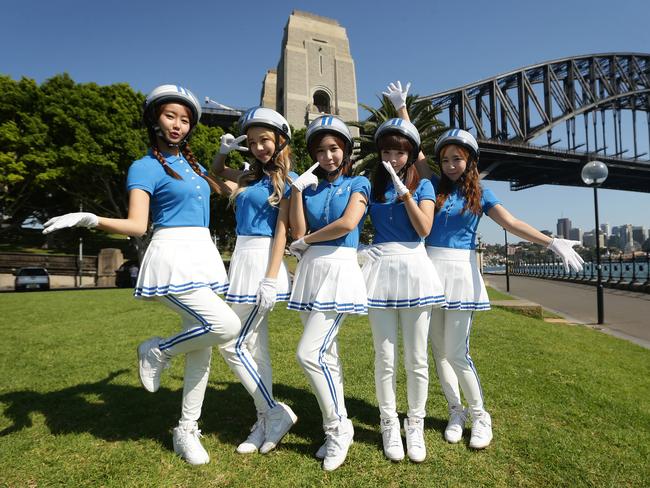
Idols are ditching their management to avoid being pawns — as was the case with JYJ, a splinter group formed in 2010 from TVXQ.
Yet there isn’t always an escape. TVXQ had their phone lines tapped, their apartments broken into by fans who wanted to kiss them in their sleep and one member was hospitalised after being given a drink with glue mixed in.
But JYJ have also faced physical harassment, and been watched by cameras hidden in car parks.
This is the disturbing side to the giddiest pop music in the world.
Originally published as The dark side of K-pop: What lurks beneath the surface of this perfect plastic world


